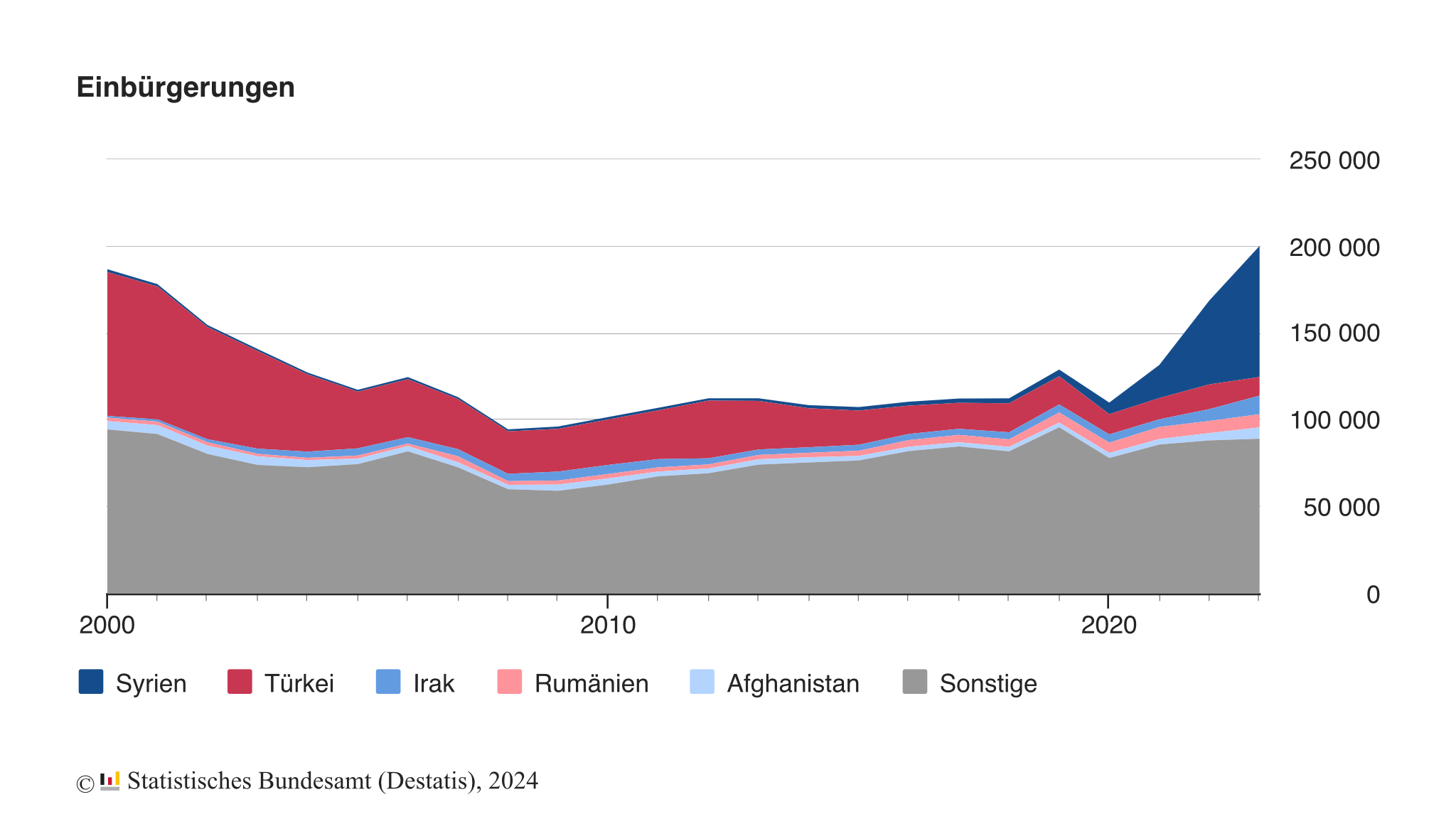
Moving to a new country is exciting, but understanding the financial aspect is crucial for a smooth transition. Germany, with its strong economy and vibrant culture, attracts many professionals and students. But, a common question arises: How much will it actually cost to live in Germany? This blog post aims to break down the essential expenses you’ll likely encounter, drawing from personal experiences to provide a realistic overview.
Housing: Where Will You Call Home?
Rent is a significant portion of your monthly expenses. Costs vary significantly based on location and accommodation type. Will you opt for a shared flat or a private apartment?
For singles, shared flats or “WGs” (Wohngemeinschaften) are a popular choice, ranging from €200 to €500 per month. These often come furnished and include utilities, simplifying the initial move. Private apartments, offering more space and privacy, naturally cost more.
Families usually opt for two or three-room apartments (two-zimmer or drei-zimmer wohnung). Remember, “zimmer” refers to rooms, including the living room. Are you aware of the difference between “cold rent” and “warm rent”? Cold rent is the base rent, while warm rent includes additional costs like heating, water, and garbage disposal (Nebenkosten). In cities like Munich, a three-room apartment can range from €1400 to €1500 (warm rent), while smaller towns offer more affordable options, potentially around €800 to €1000. Don’t forget the deposit, which is usually two to three times the monthly rent.
Finding the right accommodation involves considering factors like location, size, and amenities. It’s a crucial step in settling down in Germany.
Utilities and Communication: Staying Connected
Beyond rent, you’ll need to factor in utilities. How much should you budget for electricity, internet, and phone?
Electricity costs have fluctuated in recent years but are stabilizing. Budget around €80 per month for electricity. For internet and mobile, consider bundled packages from providers like Vodafone or Telekom. Using comparison websites like Check24 or Verivox can help you find deals with cashback offers, potentially reducing your monthly cost to around €50 for both mobile and Wi-Fi.
Managing your utilities and communication expenses efficiently can free up more of your budget for other things.
Transportation: Getting Around
Germany boasts an efficient public transportation system. Have you heard of the Deutschlandticket? This €49 monthly ticket allows unlimited travel on local and regional trains and buses across Germany. While the price is set to increase to €58, it remains a cost-effective option. However, be aware that local transport reliability can vary, and service frequency may be reduced on weekends.
For those considering a car, factor in purchase costs, insurance, and fuel. Used cars are a popular choice, with prices varying based on the make and model. A reliable used car can be found for around €20,000, resulting in monthly EMI payments of approximately €400.
Choosing the right mode of transportation depends on your individual needs and location. Consider the pros and cons of public transport versus owning a car.
Groceries: Filling Your Pantry
Germany offers a variety of grocery stores, from budget-friendly options like Lidl and Netto to higher-end supermarkets like Edeka and Tegut. How much do you spend on groceries each month?
A monthly grocery budget of around €500 is reasonable. For those who enjoy Indian cuisine, factor in an additional €100 per month for groceries from Indian stores.
Planning your meals and shopping strategically can help you manage your grocery expenses effectively.
Childcare and Education: Nurturing the Future
For families with children, childcare costs are a significant consideration. Do you know the difference between “Krippe” and “Kindergarten”?
“Krippe” caters to children under three, while “Kindergarten” is for children between three and six. Krippe costs are higher due to the increased level of care required. Kindergarten costs are lower, and after the age of six, education is free. However, after-school care (Daycare) might incur additional charges. Depending on your location and the age of your child, childcare costs can range from €180 to €550 per month.
Understanding the childcare system and available options is essential for families relocating to Germany.
Insurance: Protecting Your Future
Germany is known for its comprehensive insurance system. Do you know which types of insurance are essential?
Health insurance is mandatory. Other important insurances include personal liability (Haftpflichtversicherung), household contents (Hausratversicherung), legal protection (Rechtsschutzversicherung), and car insurance. While some insurances are paid annually, spreading the cost over 12 months results in an average monthly expense of around €50.
Investing in the right insurance policies provides financial security and peace of mind.
Miscellaneous Expenses: The Extras
Finally, allocate a budget for miscellaneous expenses like dining out, entertainment, and travel. How much do you enjoy spending on leisure activities?
A budget of around €500 per month for miscellaneous expenses should be sufficient.
Tracking your miscellaneous expenses can help you identify areas where you can save or splurge.
Putting It All Together: The Bottom Line
Let’s summarize the estimated monthly expenses:
- Rent: €1200
- Utilities: €80
- Communication: €50
- Groceries: €600
- Transportation: €400
- Childcare: €250
- Insurance: €50
- Miscellaneous: €500
Total Estimated Monthly Expenses: €3130
This is an average estimate, and your actual expenses may vary based on your lifestyle and location. Careful planning and budgeting can help you manage your finances effectively in Germany.
Understanding the cost of living in Germany is the first step towards a successful and fulfilling experience. With careful planning, you can make the most of your time in this beautiful country.
ETAINFI can provide further assistance in understanding the intricacies of living expenses in Germany. Contact us for personalized guidance and answers to your questions.


